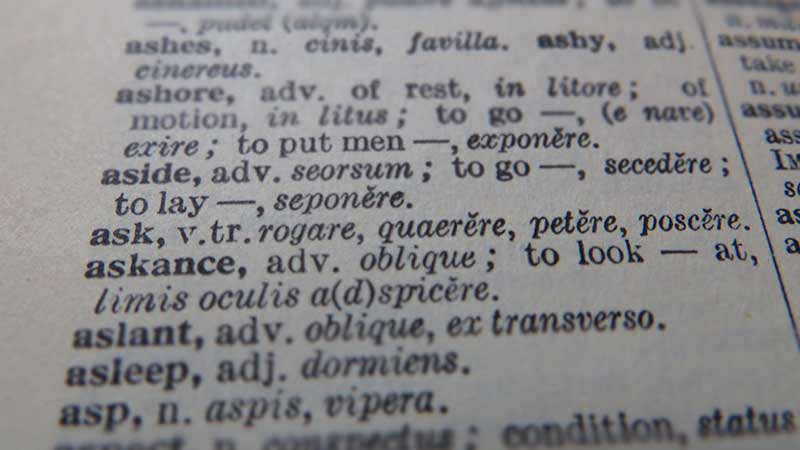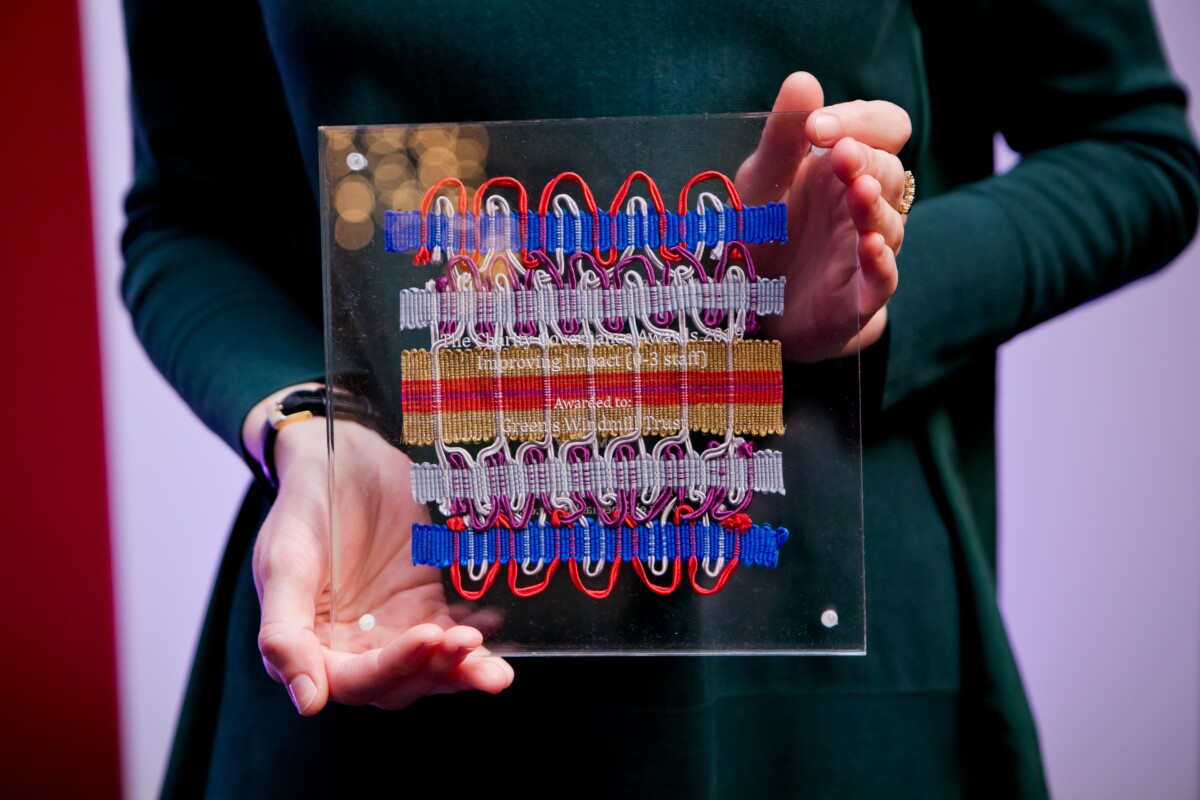Rogare publishes House of Lords evidence submission to charities enquiry
Organisations that regulate fundraising need to move away from a ‘consumer protection ethos’ to ensure that charities can be more accountable to their beneficiaries, fundraising think tank Rogare has said in its evidence to the House of Lords Select Committee on Charities enquiry.
Rogare’s evidence applies its recently published (main image) new theory of rights balancing fundraising ethics to the question of fundraisers’ accountabilities, and how those accountabilities ought to be regulated. It argues that fundraising has been regulated along a consumer protection model that enshrines professional accountability only to donors but that consumption (the acquisition of goods and services for personal use) and donation (where a charity’s beneficiaries are the real consumers) are quite different processes.
In its evidence submission, Rogare says that for fundraisers to be accountable to their donors and beneficiaries under a process of donation, they need the appropriate mechanisms to deliver this accountability through their professional regulator. This requires a change in approach from all bodies involved in regulating fundraising to accept that, in this respect, the role is wider than ‘consumer protection’.
However, it says, beneficiaries’ interest have not featured in the deliberations of fundraising regulators because those regulators have adopted a ‘consumer protection’ ethos to regulate the first part of the donation process (between donor and charity) as if it were an exchange rather than a transfer.
Rogare has also shared its evidence to the Lords Committee with the Fundraising Institute of New Zealand and the Finnish Ministry of the Interior in support of prospective changes to fundraising in those countries.
Advertisement





